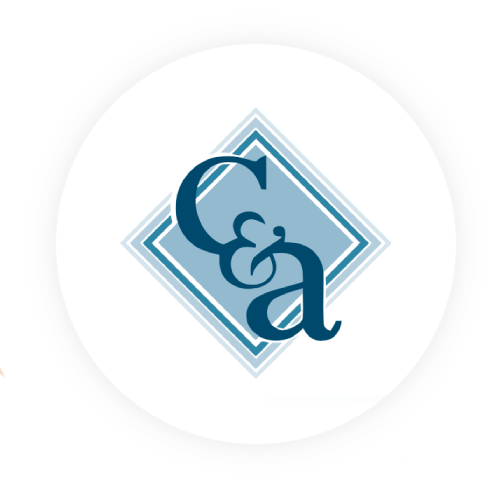Colds, flu, and other respiratory illnesses are more common in colder months. People are indoors more often, allowing viruses to pass more easily from one person to another. Another factor is the cold, dry air may weaken resistance. Here are some evidence-based studies related to winter colds as well as some prevention measures.
Other reasons for contracting a respiratory illness are that you are indoors more in the winter and it is thought that germs in the droplets from a sneeze are able to better survive in dry air. Also while indoors you are in contact with door knobs, sink faucets, keyboards and other items that your family or co-workers are touching.
The National Institute of Health found that the flu virus transmits faster when it’s cold. That’s because the lipid coating of the virus becomes tougher at colder temperatures. This means the virus is more active and more resilient and — you guessed it — more likely to infect you with a case of the flu.
A Yale University study found that when it’s cold out, your immune response may, in fact, be more sluggish. Researchers infected mice with the common cold virus and tested their immune system’s response at different temperatures. When the mice were in colder temps, the cells lining their nose were markedly worse at fighting of the virus.
Finally, in a study out of the Common Cold Centre at Cardiff University in England, it was found that cold feet may lower your immune response. In the study, researchers placed the feet of 90 students in cold water for 20 minutes. These students were much more likely to get a cold over the next five days compared to students who didn’t get their feet wet. Researchers theorize that chilling the students’ feet caused the blood vessels in their noses to constrict, which in turn lowered their immune response.
The above information leads me to discuss preventative measures that will keep your staff and patients, especially the immunosuppressed, healthly during the winter months.
Preventative Measures
- Wash your hands frequently with soap and warm water for at least 20 seconds, especially after sneezing, coughing, or using the bathroom and before eating.
- Sanitize your hands when entering and leaving a patient room.
- Disinfect high-touch areas frequently to prevent contamination.
- Follow guidelines for where and when to wear a face mask.
- Be sure to cough or sneeze into a tissue or your elbow, throw the tissue away, and wash your hands immediately.
- Avoid close contact with those confirmed or suspected of having the flu, COVID-19, or monkeypox, particularly, in crowded indoor spaces, consider wearing a mask.
- Stay at home and away from others when you are sick to prevent transmitting respiratory viruses such as influenza and SARS-CoV-2, the virus that causes COVID-19, the virus that causes monkeypox, and other pathogens.
- When it’s chilly outside, it doesn’t hurt to wrap your nose and mouth with a scarf.
- Wear warm clothing (including socks) when outdoors and consider the temperature in your home as well.
Please contact us for questions or more information at 704-573-4535 or info@courtemanche-assocs.com.
Courtemanche & Associates specializes in Healthcare Accreditation and Regulatory Compliance Consulting Services. With over 29 years of being in business and 100+ years of healthcare experience amongst our consulting team, we are ready to assist with your accreditation and regulatory compliance needs.

